Whether you walk the busy city streets of the city of Kathmandu or walk the peaceful trails towards the Himalayas, Nepal has something for everyone. But prior to stuffing your suitcase, here is some very helpful knowledge you need for your visit to make your travel less complicated and even more pleasurable.
1. Best Time To Visit
Nepal has only four seasons, the best seasons for visits being spring (Mar.-May) and autumn (Sept.-Nov.). These seasons bring clear skies, good climatic conditions, and the best possible view of the Himalayas. Monsoon (June-Aug.), the rainy season, greases the trails for the trek, and the winters (Dec.-Feb.) are also very chilly, even colder when you travel towards the highlands.
2. Visa Requirements
Most travelers can obtain their visa upon arrival from Tribhuvan International Airport, Kathmandu, or border points. Six-month validity is the minimum required validity for your passport. Visa is priced differently for the length you will remain:
- 15 days: USD 30
- 30 days: USD 50
- 90 days: USD 125
It is advisable to carry cash (USD) for visa payments, though some counters accept card payments.
3. Health and Protection Measures
- Vaccinations: Recommended vaccinations for Hepatitis A, Typhoid, and Rabies (trekkers only).
- Altitude Sickness: Be cautious about Altitude Sickness (AMS) when you will be climbing. Altimatise properly, fluid consumption heavily, and gradually rise.
- Water Safety: Drinking tap water is not allowed. Bottle, boiling, or filtered only.
4. Cultural Mores
Nepal is blessed with a good culture. Respecting the culture is the norm:
- Dress Modestly: Cover your knees and your shoulders when you visit religious places.
- Right-Hand Rule: Give, accept, and eat using your right.
- Shoes Off: Remove your shoes when you visit houses and temples.
- Photography: Always secure the consent from individuals before photographing them or during religious rituals.
5. Currency and payments
The official exchange is the Nepalese Rupee (NPR). Major cities also have ATM machines, though not all may work. Be sure you bring local currency for the villages. High-priced hotels and restaurants also accept credit cards, though local currency is the preference for small places.
6. Transportation Guide
- Domestic Flights: These are the standard for journeys to distant places, even though flights can be delayed by the weather.
- Public Transport: Budget bus travel and microbuses can also be overcrowded. Taxis are also available for cities—agree on fares beforehand or ensure the meter is being operated.
- Trekking Permits: For the high-use trekking districts, TIMS (Trekkers’ Information Management System) cards and national park entry tickets will be required.
7. Internet and Connectivity
Wi-Fi is also easily accessible from city cafes and hotels. For good connectivity, purchase a local SIM (Nepal Telecom or Ncell) upon your arrival. They also offer affordable data packages for tourists.
8. Food and Restaurants
Nepali cuisine is delectable and is distinctive:
- Dal Bhat: The staple consisting of lentil soup, vegetables, and rice.
- Momo: Popular Tibetan dumplings
- Newari Cuisine: A must-try for food lovers.
Be cautious about street food when you have a sensitive stomach. Be sure to pick freshly cooked food and avoid raw food.
9. Language and Communication
Nepali is the indigenous language, though you will hear English spoken everywhere by tourists. Learning some everyday expressions will make your experience even richer:
- Namaste – Hello
- Dhanyabaad – Thank you
- Sanchai cha? – How are you?
10. Respect Nature and Local Communities
Nepal’s natural resources are its strength. TOURISTS MUST PRACTISE RESPONSIBLE TOURISM:
- Avoid single-use plastics, particularly during trekking.
- Stick to the trails where you can find them.
- Support local guides and business houses for local economic support.
Final Thoughts
From Everest Base Camp treks, temple visits, or even absorption of the local culture, visiting Nepal guarantees memories you will not easily forget. If you get ready and treat the native way of life with respect, you will find the fulfilling and safe experience you are due from this beautiful nation of the Himalayas.
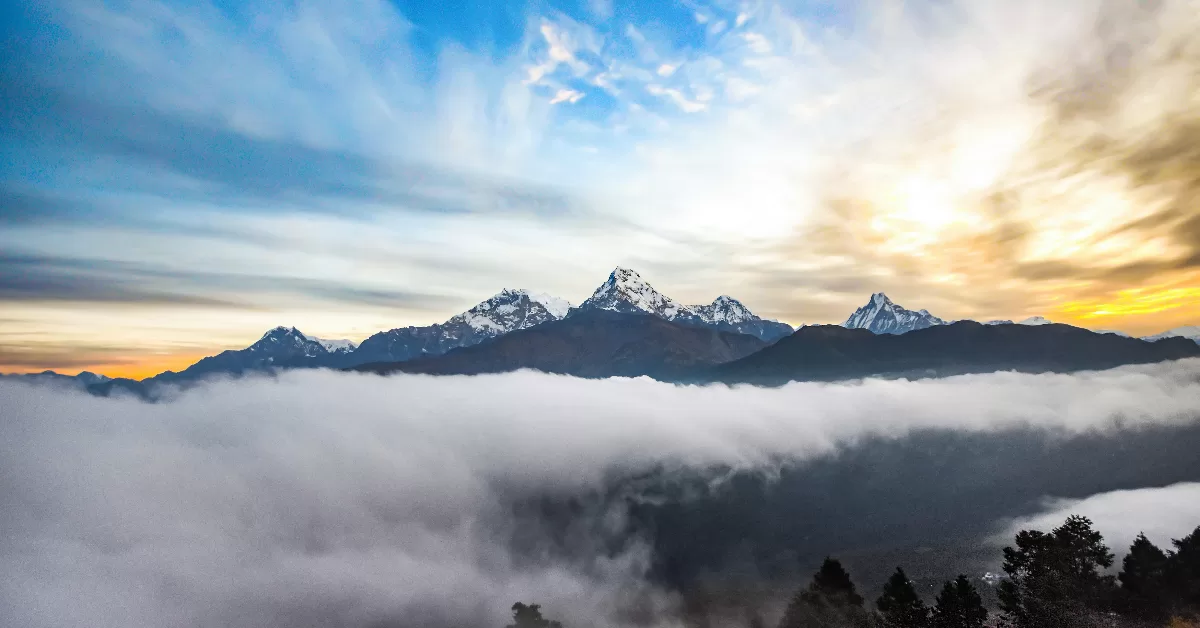


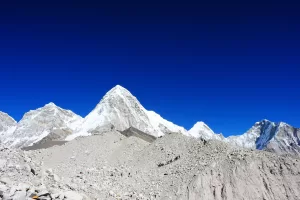
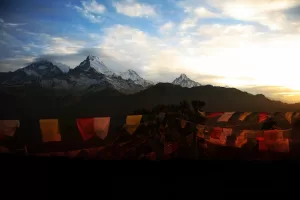

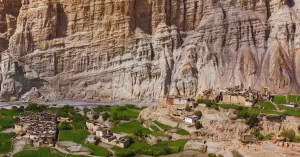
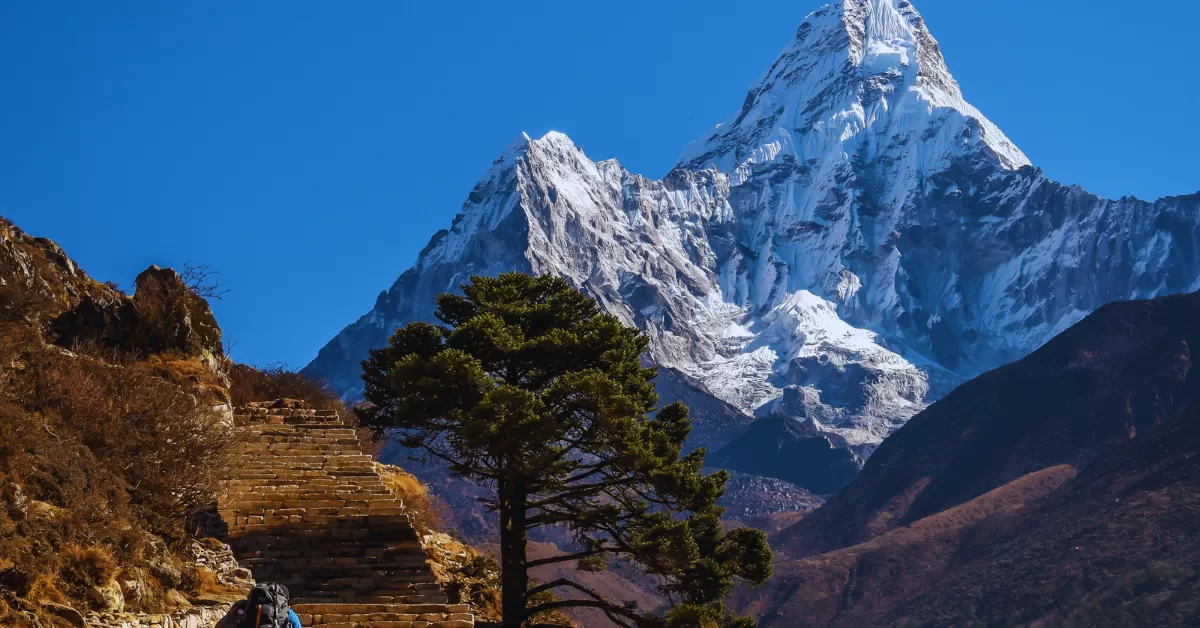
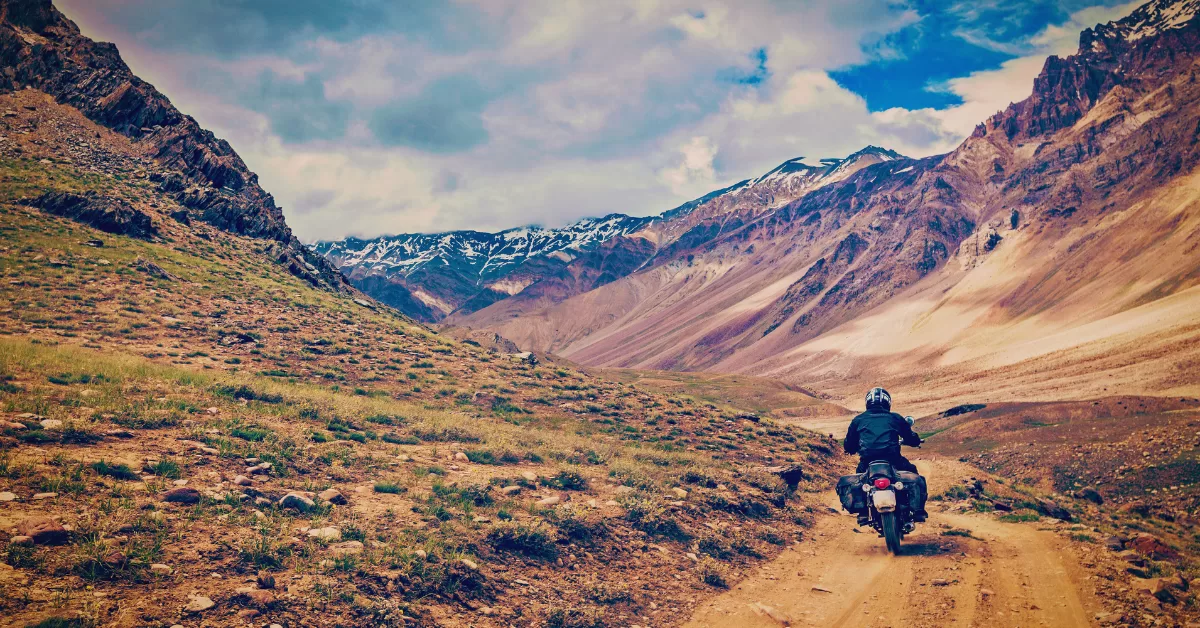
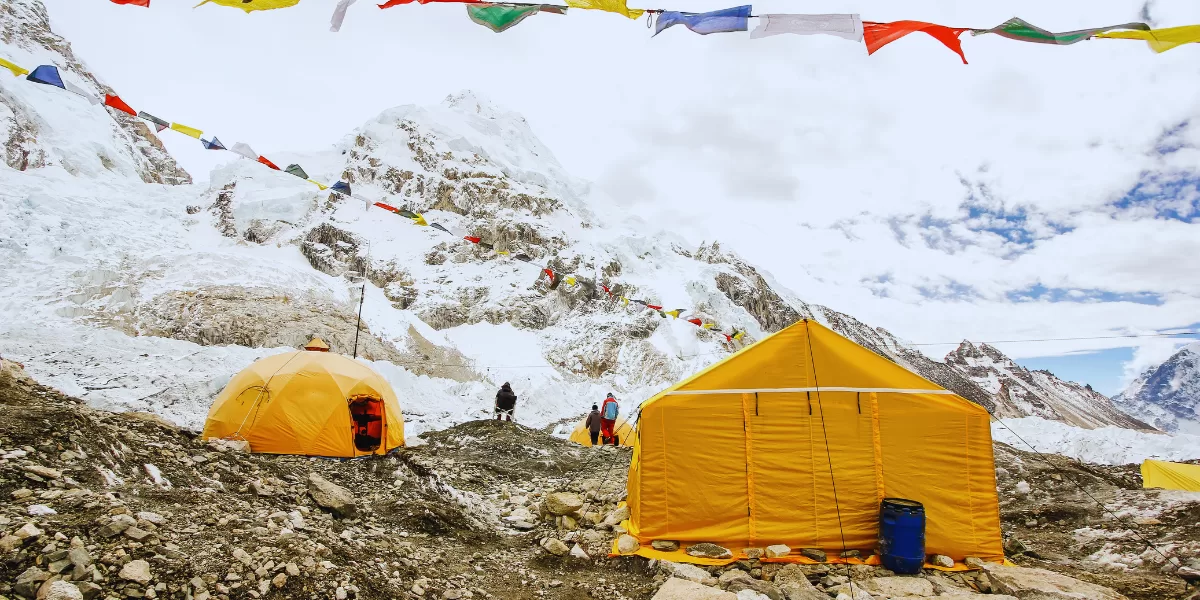
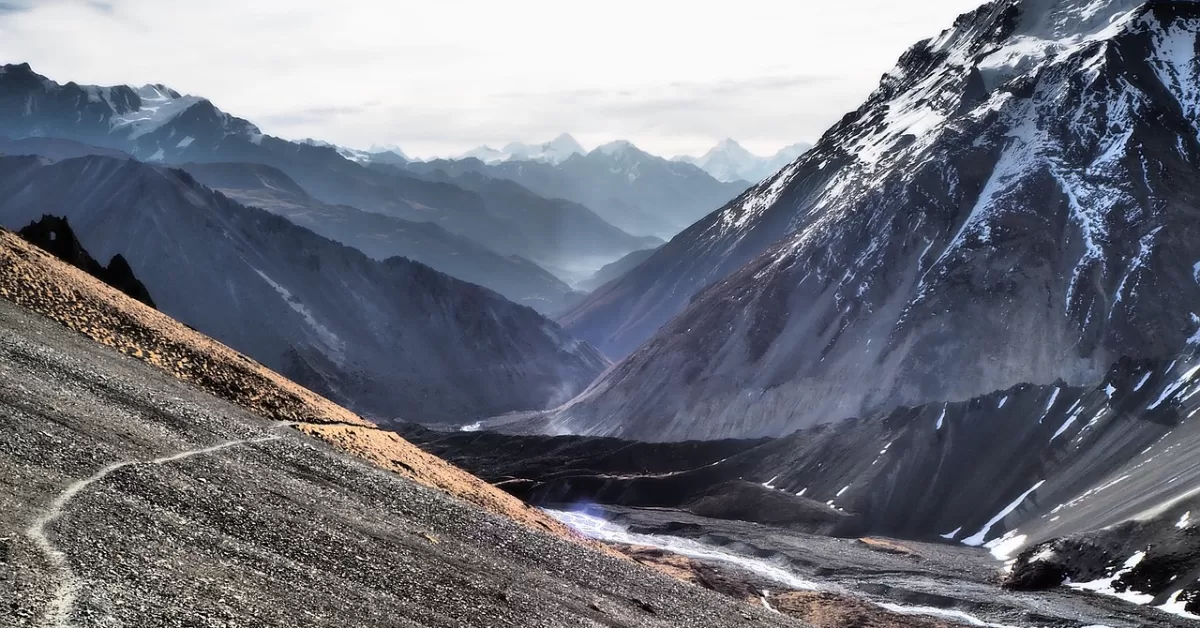
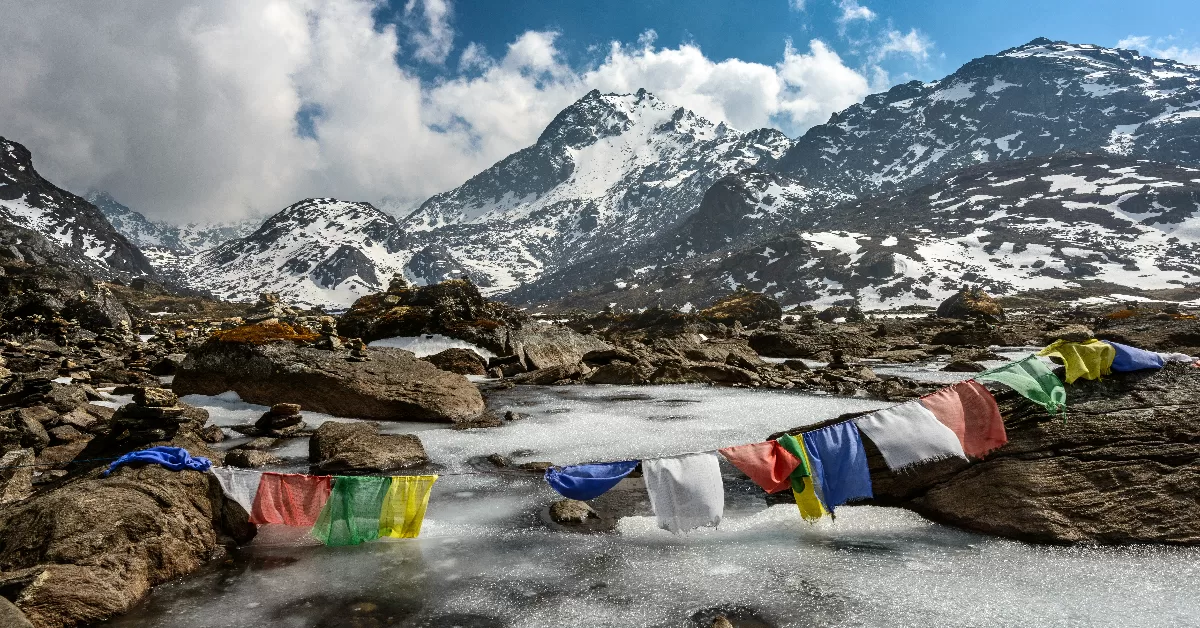
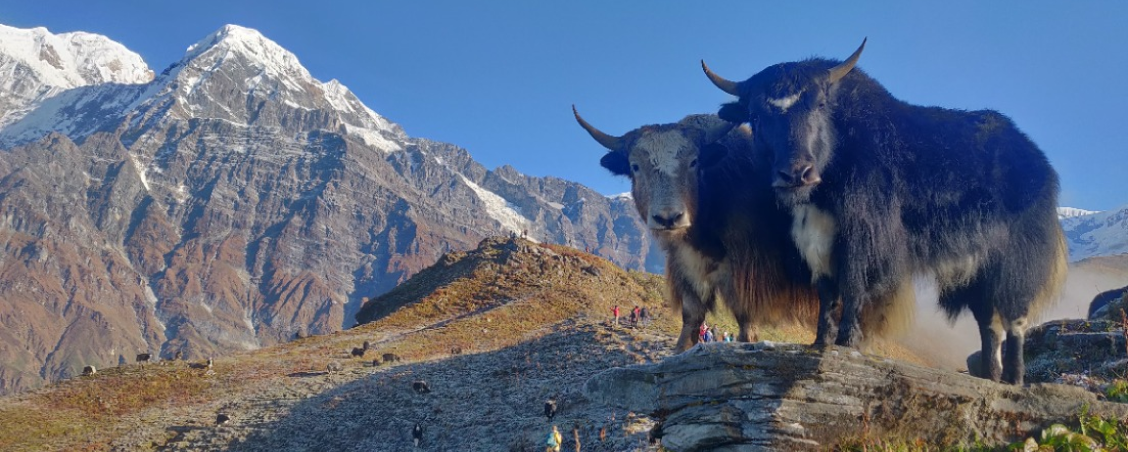
Comments [0]
Add CommentNo Comments Found